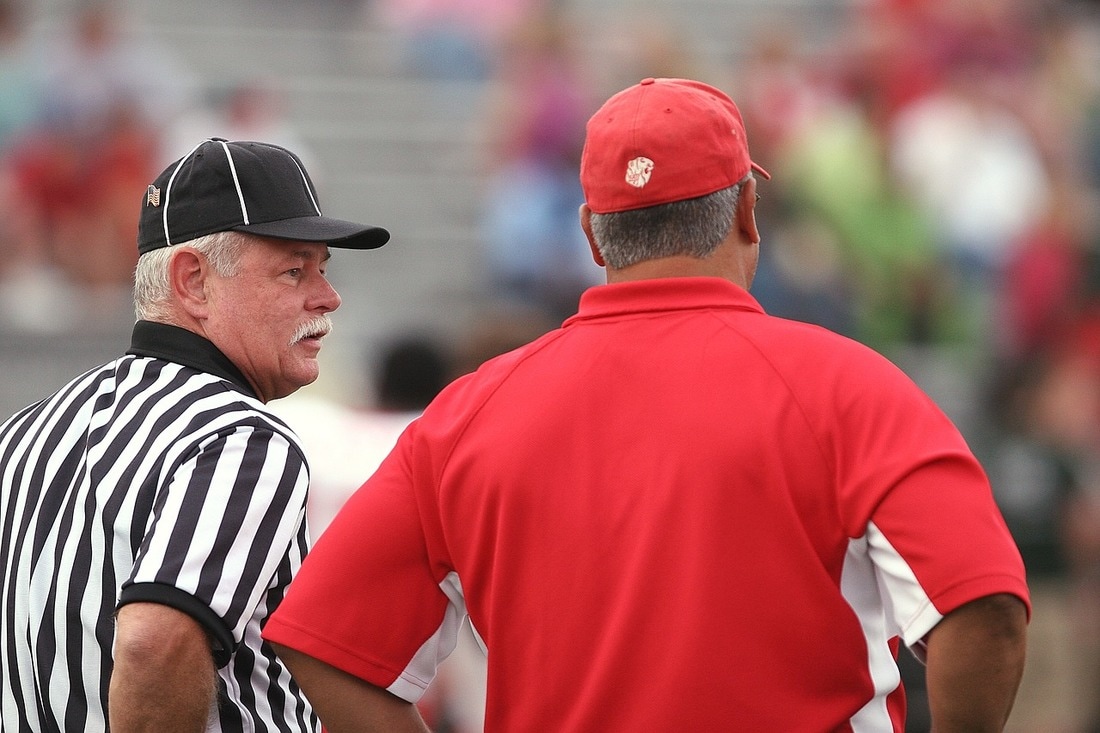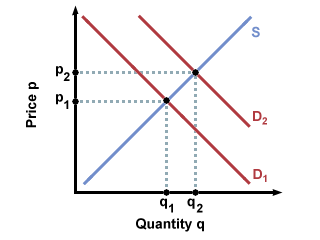 Is unseen art actually art?
Is unseen art actually art? --------------------------------------------------
Marion was used to the inconvenience of discovering archaeological remains during construction projects. But nothing had prepared her for this.
The day they found the shaft, a message was delivered to her explaining what it contained. At the bottom of the shaft was a sealed box, containing a Michelangelo statue. The box was booby-trapped in several ways: opening it would set off a bomb; it contained a gas, which if exposed to oxygen, would explode; and other ingenious traps were built in. The upshot was that the artwork could never be revealed, as any attempt to do so or to move the box would destroy it.
But such a dangerous time-bomb could not be left underneath what was to become a hospital. So there seemed to be only two solutions: abandon the hospital and leave the work of art secure but unseen, or destroy it safely.
In the circumstances, there appeared to be little choice for Marion but to order the bomb squad in to conduct a controlled explosion. But she couldn't help thinking that it would be better for the statue to remain intact, even if no one could ever see it.
Baggini, J., The Pig That Wants to Be Eaten, 2005, p. 256.
---------------------------------------------------
Based on his discussion of this thought experiment, Baggini seems to be trying to sow some doubt in the crowd of people who believe that art has some intrinsic value all on its own. I don't know who this crowd is though and I'm certainly not in it. The art in this experiment is not a living, sentient creature. It's just some reshaped stone. As I said when I posted about The Purpose of (My) Art),
Art is knowledge applied to the emotions. Science finds knowledge. Art uses knowledge to inspire. (It can also inspire scientists.) Art causes emotional responses so it often draws emotional people to it, but great art is created by rational processes, filled with knowledge, fueled by emotion, and executed with skill. Bad art is blind emotion that purports falsehoods for truth.
If we take the experiment at its word that the box holding the art is perfectly booby-trapped, then really, the art in there has already been destroyed since it can never be seen again and manage to do its work of inspiring emotion. In real life, I would be tempted to keep the box, and use it as an inspiring symbol for the potential power of art, under the guise that new technology could set it free some day. But since the possibility of that freedom is technically out of bounds for these thought experiments, it's really a moot point. In this circumstance of certainty, the box could only be a symbol for being held hostage by a maniac, and that's dreadfully unappealing. Marion ought to order the controlled explosion.
So how did this thought experiment motivate me? It did so because I've been working on my next novel for a very long time now and I really don't want it to go unseen. This experiment reminded me that such a novel would have no purpose. Time for me to get it finished!
What about you? Any other thoughts or inspiration that spring to mind from this thought experiment?










